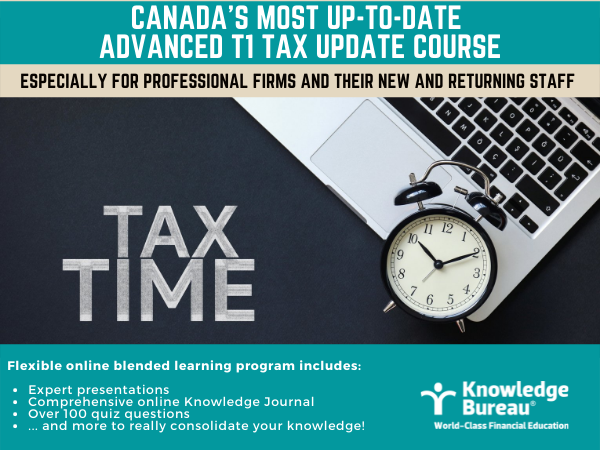Last updated: February 02 2022
Will an Extra Tax on Landlords Help Reduce Housing Costs?

Walter Harder
In the last election, the Liberal government promised that, after renovations to a building rent increases fall outside of a normal change in rent or are excessive in their view, they will implement a surtax on landlords. It is interesting to think about the repercussions of such a proposed policy and to reflect on whether this the economic outcome that is truly desired, when our collective challenge is to invest in improving buildings for reasons of climate change and health care concerns? Here are the details.
If re-elected, the current government promised they would, to quote their platform:
- Stop “renovictions” by deterring unfair rent increases that fall outside of a normal change in rent.
- Require landlords to disclose, on their tax filing, the rent they receive pre- and post-renovation, and implement a proportional surtax if the increase in rent is excessive.
To be clear, like many of the promises, the government has yet to implement any changes, but many of them are likely to be included in the next Federal Budget.
Until some legislation is forthcoming, we have no definitions of “rent increases that fall outside of a normal change in rent” or “excessive” rent increases.
In most provinces, where rent increases are not limited by the provincial government, a landlord’s decision to renovate a rental property only makes economic sense if, after the renovation,  the landlord (investor) is able to recover the costs of lost rent during the renovations, plus get a return on the additional costs of doing the renovation.
the landlord (investor) is able to recover the costs of lost rent during the renovations, plus get a return on the additional costs of doing the renovation.
If these new rules prevent the investor from recovering the costs of the renovation, then the likely result will be no investment in the renovations. While this might reduce the average cost of a rental slightly, at the same time, the qualify of available rentals will deteriorate. Likewise, home renovation companies will suffer from lost business, as will suppliers of home renovation materials.
The alternative for the landlord whose property is in need of renovation is to renovate and sell, then use the proceeds to buy another property where the rent already provides the required rate of return on their investment. The new buyer of the old property will set the rent on the old property at the appropriate level for the value of that property and to account for inflationary costs of servicing it. This may still result in higher rents.
The goal is to help reduce the costs of rental accommodation to the tenants. Perhaps providing incentives for the improvement of lower-cost housing, especially when it comes to ventilation and safety, rather than penalizing landlords for improving their properties would be more effective.
Additional educational resources: Don’t miss this opportunity to take Canada’s most up-to-date and comprehensive Advanced T1 Tax Update Course for Professional Tax Accounting firms and their new and returning staff who will file 2021 T1 Returns. This is Canada’s #1 tax training program for busy practice owners who need to recruit and train staff in time for this tax season.
